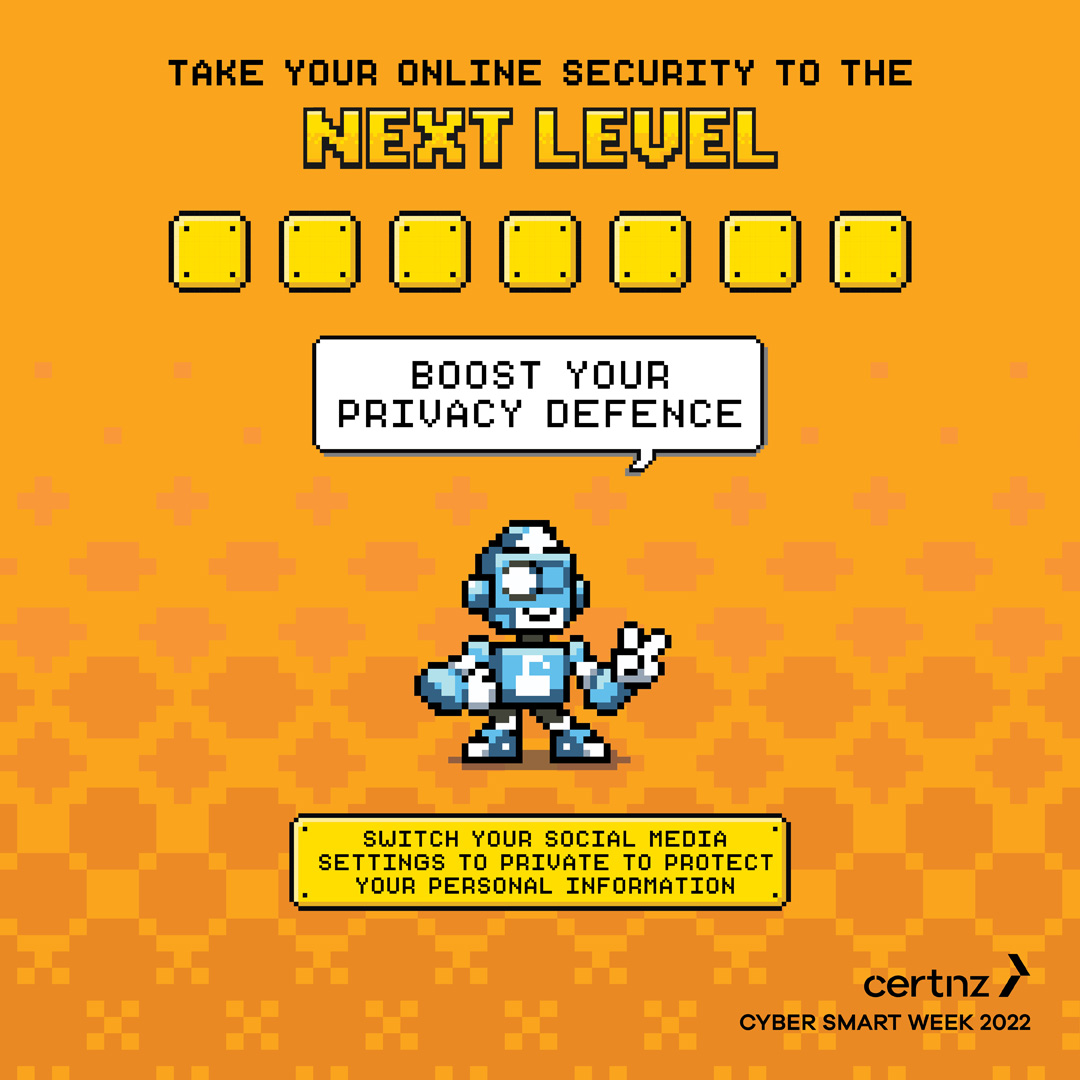
Every October, Cert NZ promotes Cyber Smart Week. This initiative shares the latest information about keeping yourself safe online. From password security, why two factor authentication is so important, making sure you activate device updates when prompted to managing privacy settings on your social media accounts, there are plenty of digital tweaks we can make to ensure we stay safe from online attacks.
Managing your cyber security is important to maintain your online identity. Online identity theft is a very real issue in 2022 and can have far reaching consequences, even on your ability to apply, and be accepted, for insurance policies. This article will help you understand what online identity theft is, what you can do to prevent it and what to do if you do fall victim.
What is online identity theft?
Obtaining someone’s personal information (online or offline) is not a crime unless they use it to apply for something they’re not entitled to, such as a credit card, passport, driver license, or insurance policy.
Personal information can include things like IRD numbers and bank account details, but also simple things like your full name, date of birth and address. Sometimes the most basic information can be all a criminal needs to impersonate you.
The most common reasons for identity theft are for financial gain (apply for a credit card or access a bank account) or to obtain a legal document like a driver licence or passport. They can also take over your social media and email accounts. The end result for you can be the inability to apply for your own financial matters and legal documents. You may be left with a bad credit rating or the inability to apply for insurance if fraudulent claims have been made in your name.
It pays to understand that you may not realise you have had your identity stolen until after it’s happened. Stay alert to credit card charges for things you didn’t purchase, a change in your credit rating for no known reason, a takeover of your social media accounts or being contacted by a debt collector.
Don’t think it can’t or doesn’t happen. Recently, Australian phone customers were exposed to a data breach through their phone supplier, Optus. A national identity and cyber support charity was overwhelmed by calls to their service in the wake of the incident, with a month’s worth of calls in three days.
Preventing online identity theft
Thanks to Cert NZ we have some great tips on how you can prevent hacking or having your personal information stolen online:
- be wary of the personal information you share online, for example on social media,
- add privacy settings to your social media accounts so only your friends are seeing the information you post,
- keep online passwords safe by using unique passwords and adding multi-factor authentication to your online accounts,
- bear in mind that any account recovery questions should be hard to guess and do not need to be factual, just memorable,
- update your digital devices when prompted so your information is as secure as possible,
- check your computer network is secure – at home, in the office and be wary of joining free WIFI networks that may be less secure,
- get into the habit of checking bank statements, particularly credit card statements which are more commonly used for online purchases,
- get a credit report regularly so you know which financial institutions have accounts in your name.
What can you do if you’re a victim of identity theft?
Identity theft can happen in lots of different forms, with different actions required for different types of identity theft.
- Social media or email account theft – if you notice that your account details have been changed, or your account is sending messages or invitations that you haven’t initiated, your account may have been hacked. Log in and change your password immediately. Ask your account provider for any additional actions you should take.
- Passport or driver licence theft or misuse – if you suspect your government issued document has been used illegally, alert the Police by calling 105 and DIA or NZTA as appropriate.
- Bank account or credit card misuse – if you notice transactions you didn’t make on your bank statements, contact your bank immediately.
- If you’ve unwittingly provided personal information or account passwords that you think could be abused, contact your service provider for support and change passwords immediately.
At any time, you can get a free credit check. A credit check lets you check your credit score and what financial accounts have been opened in your name. You are able to correct or update any suspicious activity and place a freeze on your credit record if you think you may be susceptible to a hack. This will ensure new credit applications are blocked.
Concerned about insurance fraud?
Insurance fraud is not a victimless crime; it’s a crime that all policyholders pay for.
It’s critical to tell the truth about what’s happened when making a claim. You can report insurance fraud anonymously on our website.